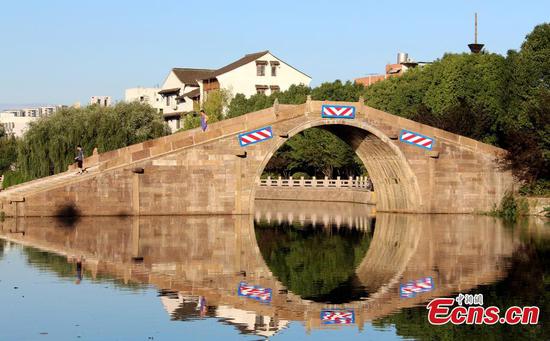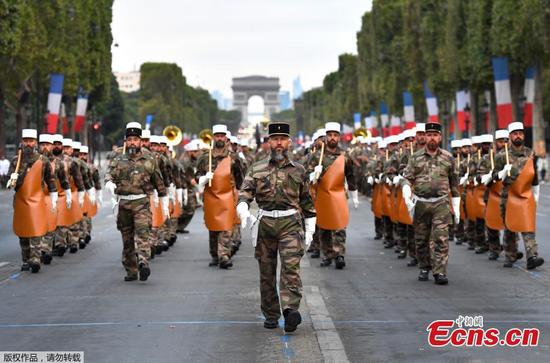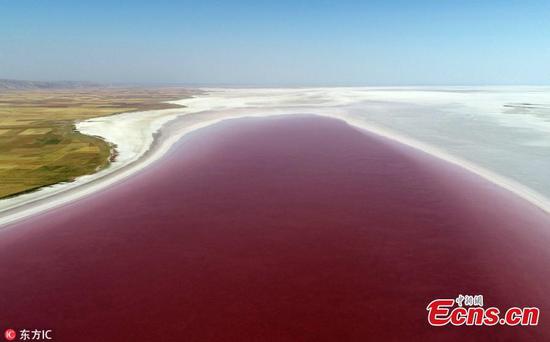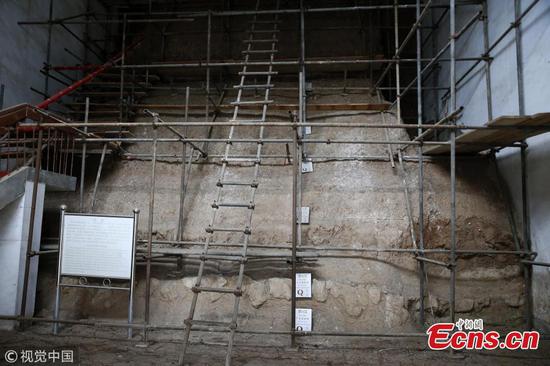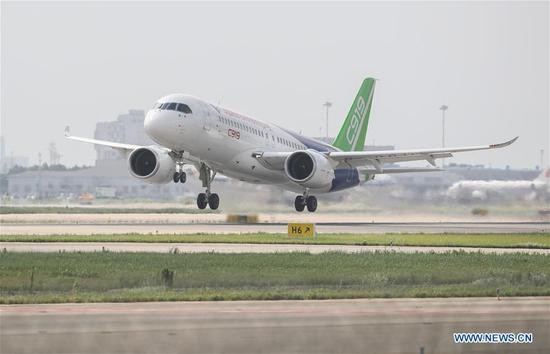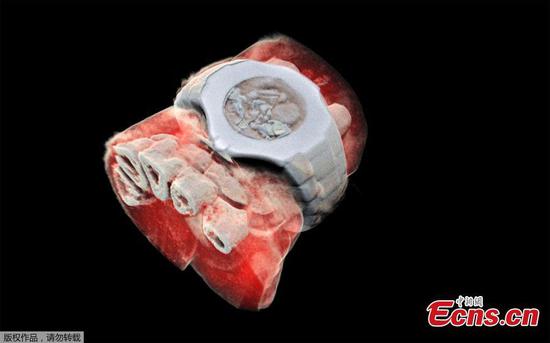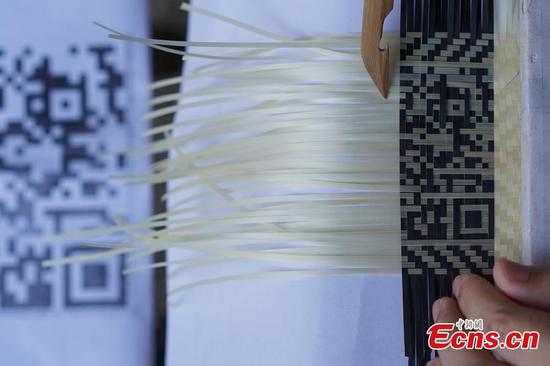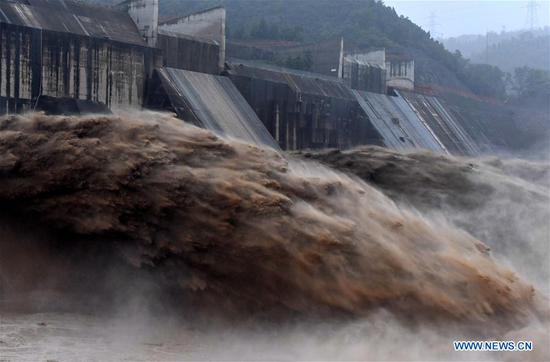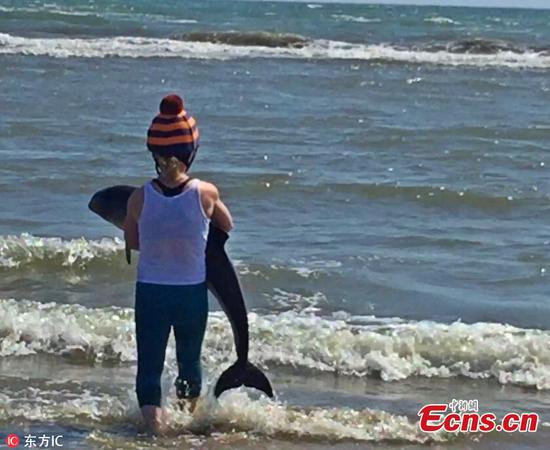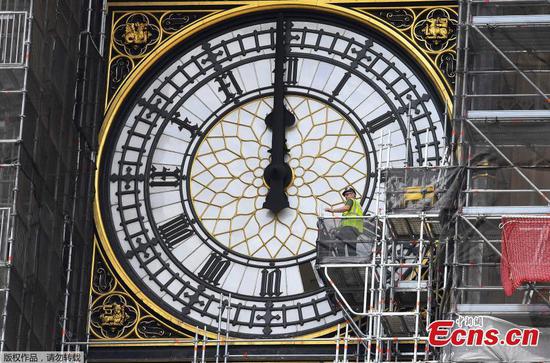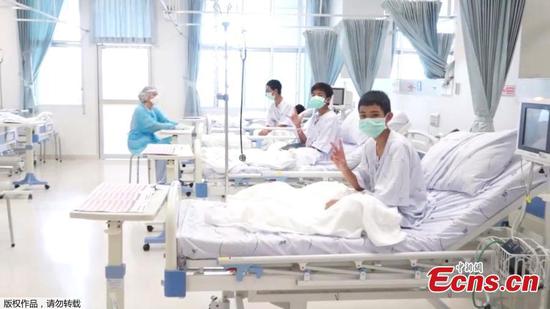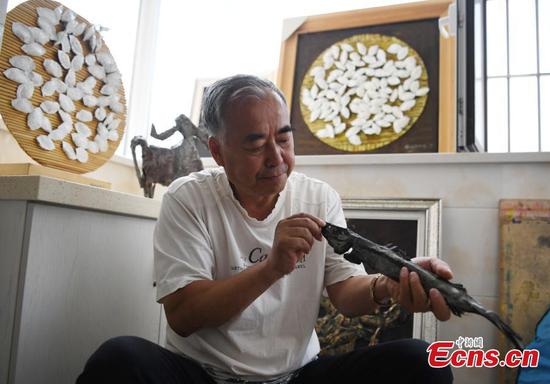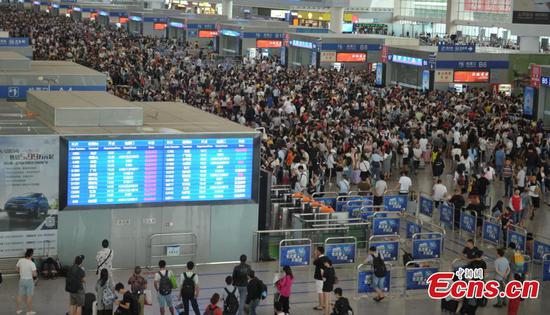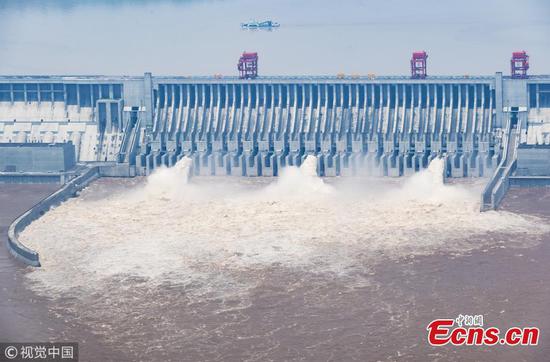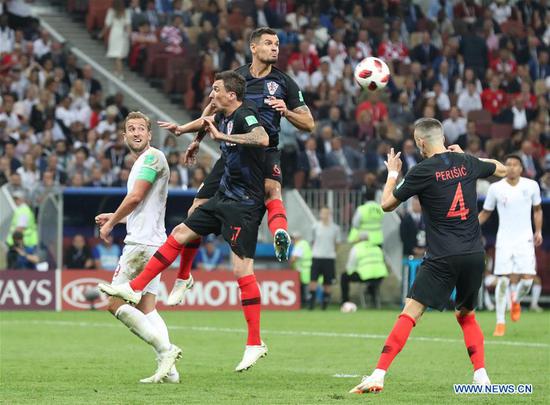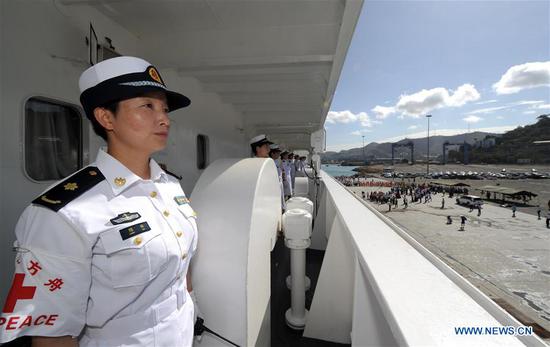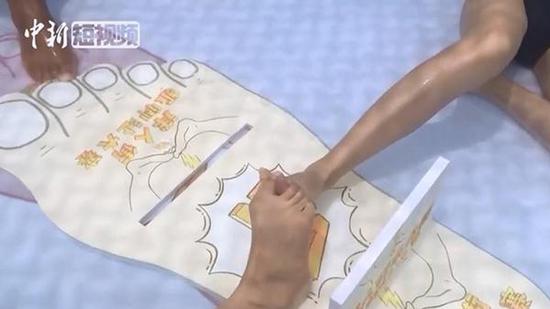U.S. President Donald Trump's criticism of British Prime Minister Theresa May's Brexit policies has damaged the so-called special relationship between the two nations, an expert has said.
"The relationship is further back than it was a few days ago," Dr. Jacob Parakilas, deputy head of the U.S. and Americas program at London-based think-tank Chatham House, told Xinhua in an exclusive interview on Friday.
In an interview with British newspaper The Sun published in Friday's edition of the multi-million circulation tabloid, Trump said that May's Brexit policy would mean the U.S. would not be able to enter a trade deal with Britain in the future.
The president was quoted as saying: "If they do a deal like that, we would be dealing with the European Union instead of dealing with the UK, so it will probably kill the deal."
Trump added that May had failed to take his advice on negotiating Brexit with the European Union (EU), and praised the former British foreign secretary Boris Johnson, who had resigned from his post four days earlier in protest at May's Brexit policy.
The criticisms sparked unfavorable comment across the British media, with the Financial Times newspaper writing in an editorial that Trump's criticism "deliberately weakens the UK prime minister at a time when her government has been rocked by a series of resignations".
On Friday afternoon, May and Trump were together at a joint press conference after holding previously scheduled talks at the prime minister's country residence Chequers. Trump changed his position from the criticism in The Sun interview.
Trump praised May and her qualities, and said that he would be satisfied with whatever Brexit deal Britain struck with the EU. "Whatever you do is OK with me," Trump told the press conference.
He also labeled the interview with The Sun as fake news and said it did not include the positive things he had said about the prime minister.
"She is an incredible woman... doing a fantastic job," Trump said.
Parakilas said: "Trump has bizarrely called his own interview, which was on the record, fake news. I think the strategy here is for him to put out a bunch of statements, some of which are contradictory and some of which are nonsensical so that subsequently he can go back and pick the ones that are most useful at some future point and refer people to that."
Parakilas added: "That is the basic rhetorical strategy. We have seen it before. It is not the first time Trump has immediately contradicted something he has said, or said something nonsensical, or used made up or misleading or unverifiable numbers."
At the press conference Trump was asked by reporters if he thought the British-U.S. relationship was a special one, and the president labeled the bilateral relationship as "the highest level of special".
Parakilas said this will do something to repair the diplomatic fences knocked down by the content of The Sun interview.
"The reaffirmation of the British-U.S. relation we saw at the press conference will probably assuage some of the doubts we have seen about the status of the relationship," Parakilas said.
"The problem is they come in the context that the president has turned up and went to this formal dinner at Blenheim Palace on Thursday and then an interview he gave to The Sun newspaper when he threw the prime minister under the bus and praised Boris Johnson. It undoes some of the damage."
On Friday evening, Trump flew to Scotland where he owns a golf course, ending the formal part of his trip to Britain, but he will not leave Britain for his scheduled meeting with Russian President Vladimir Putin until Sunday.
Parakilas said: "Both May and Trump tried to put a good face on at the press conference but we are going to continue to see... other issues which will divide the two again. How they handle it when they are not both standing on the stage next to each other will be interesting.
"The prime minister will be hoping for a calm remainder of the visit."










